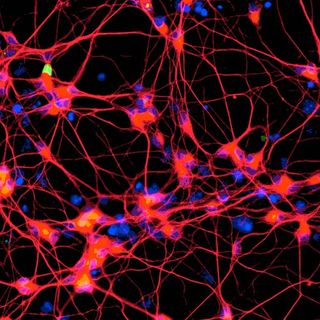India’s obesity epidemic has been around for a while, and shows no signs of slowing down. In the meantime, our relationship with food has been dissected from nearly every angle, by nutritionists, dietitians, fitness experts, journalists, scientists, and chefs. And now, by mental health professionals.
Nutrition psychology is a field of therapy that aims to help people recognize and tackle unhealthy attitudes around food and eating.
“[One attitude] is very culturally driven, which is that a lot of people eat because they feel pressure to eat, and they feel bad to say no,” says Tara Mahadevan, a practicing nutrition psychologist in Mumbai. “So, a lot of times, they’re eating when they don’t actually want to eat, and that becomes a big stress, the social eating aspect.”
Nutrition psychology is not to be confused with nutritional psychology, which explores the reverse – how nutrients influence mood and behavior. Instead, it probes the whys behind our eating habits and food choices, beyond the ubiquitous pressure to be thin. For many men and women, “it’s driven by a need to be perfect in every area of their life,” Mahadevan says. “We’re told that we have to have all our shit together, for lack of a better phrase.”
In other words, people feel the need to strive for perfection, and weight loss — being thinner — becomes a means of achieving that perfection. “That’s the pattern that people are really suffering with,” says Mahadevan. “How can we have everything together in every aspect of our life?”
Most of Mahadevan’s patients come to her to lose weight — a potential outcome of her counselling, but not the end goal, she says. “The first thing I ask them is why they want to lose weight,” she says. “So, what are the main reasons they want to do this, and what, besides the weight, will be their measures of progress? Because, according to me, weight loss is not the main measure of progress. But better energy, better hair, better skin, a healthier relationship with food is definitely progress.”
One particularly vulnerable group is young moms, who, Mahadevan has noticed, often have more concern for their children’s nutrition than their own. “And then food becomes like, ‘me-time,’” Mahadevan says. “So, the cravings come post-putting kids to bed, post-errands and -chores of the day are done.”
New mothers often view food as their only outlet, but Mahadevan works with them to find other ways to nurture themselves. “It’s about finding non-food ways to meet those needs, but acknowledge that those needs exist, and it’s okay,” she says.
A nascent field, there’s not yet much research into nutrition psychology as a therapeutic practice. That we have preconceived notions about food that are often wrong or potentially damaging has been established. That our eating habits are socialized from an early age is accepted. And that mental illness can find expression in food is also known. But to what extent our attitudes toward food influence our mental and physical health, and whether something so fundamental can or even should be challenged and changed, is still being explored, primarily by practitioners like Mahadevan, who combines a Master’s degree in psychology with wellness and mindful eating coaching.
As weight and weight loss become more prominent concerns for India, it may be worthwhile to check in on the reasons behind why and how we eat. We inhabit a competitive, perennially stressed, and increasingly mentally unhealthy culture — which doesn’t seem coincidental to our rising obesity rates. Mahadevan requires all her patients to fill out a questionnaire before the first session. The questionnaire asks patients to rate the way they feel when they’re craving food, whether that’s tired or sad or stressed, and what foods they crave. And the survey also has a built in-depression questionnaire.
“[A] normal nutritionist will talk about, you know, what to eat, how to do that,” Mahadevan says. “But we talk a lot more about what hunger is for, where is it coming from, where did you learn that habit?”




